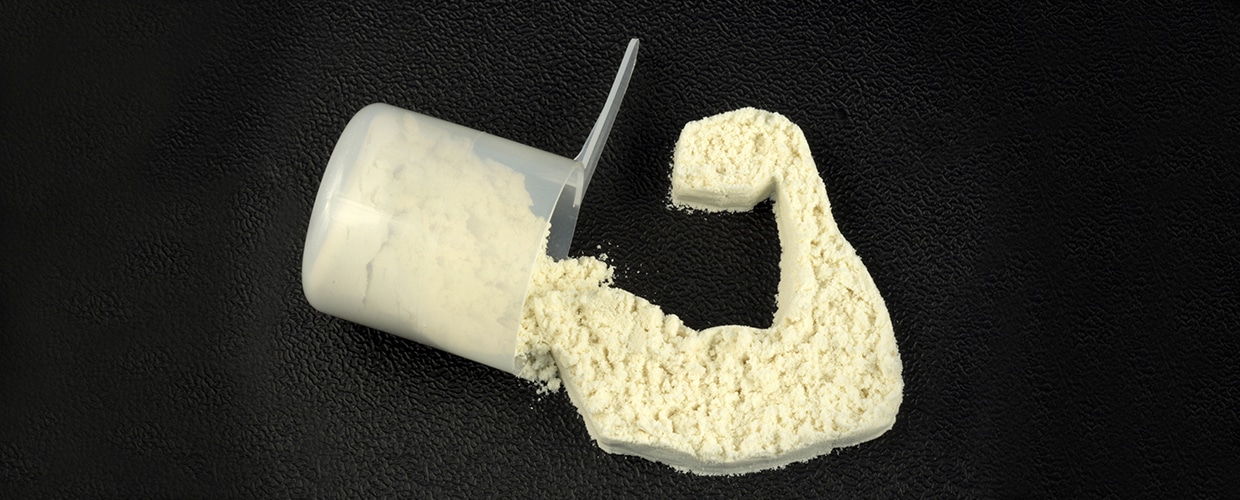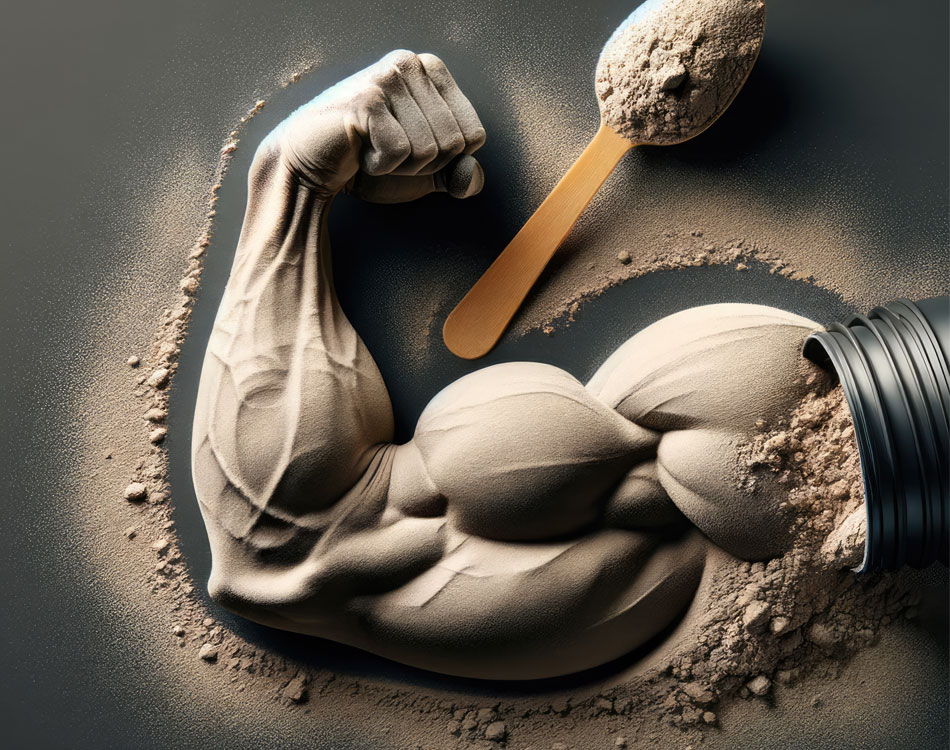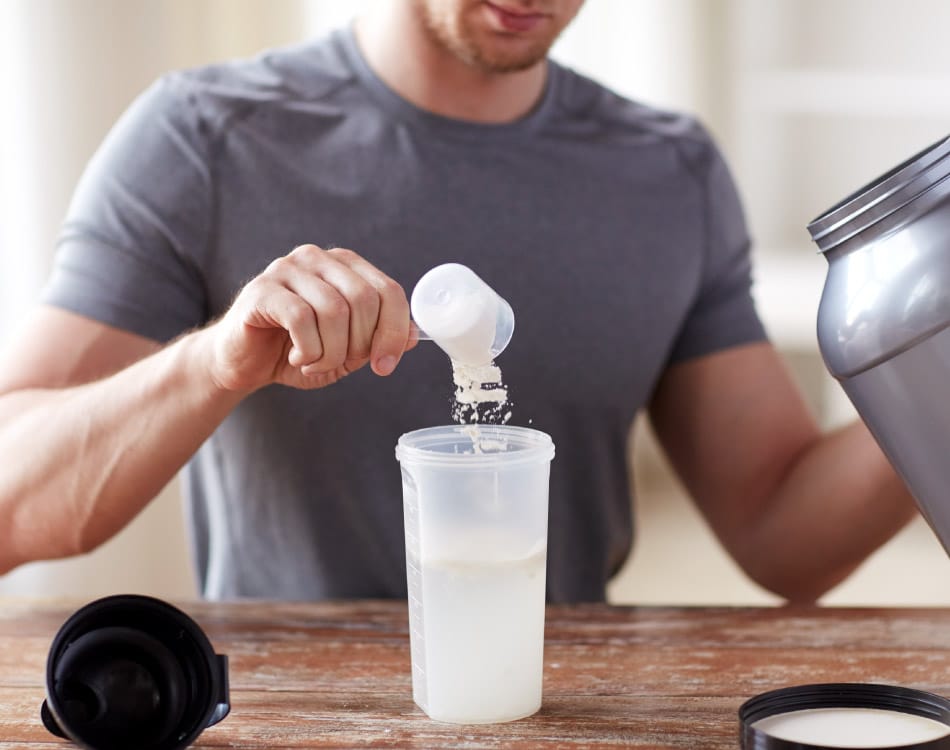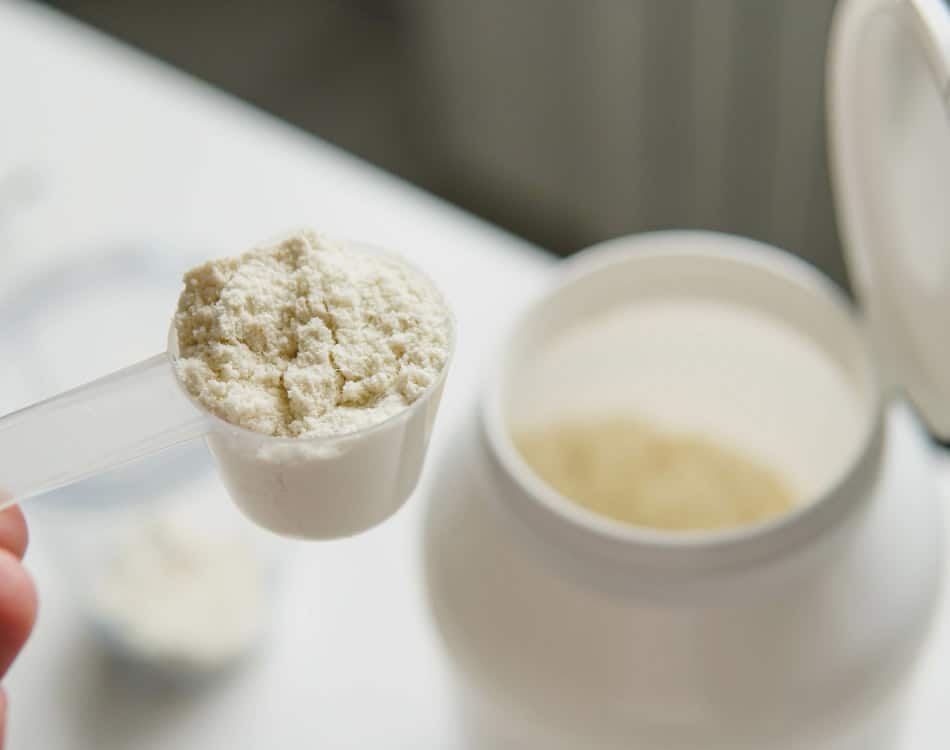In the world of sports nutrition, the importance and roles of carbs and fats are often debated, but one macronutrient that everyone agrees is essential to peak performance is protein.
Protein dominates supplement categories and it’s the one macronutrient you’ll find on the plate of every athlete and physique-conscious individual. Yet, despite its importance and dominance, the subject of dietary protein is still plagued by myths and half-truths. Here are 4 common myths worth correcting:
Myth #1: Animal protein is best
A study conducted by researchers from the Hebrew Senior Life’s Institute for Aging Research and the University of Massachusetts Lowell and published in the American Journal of Clinical Nutrition showed that both plant-based protein and animal protein build muscle equally well.
From 2002 to 2005, the researchers observed the muscle mass, strength, and bone density of 3,000 participants with varied dietary habits in the 17-72 age range.
They found that while higher protein intake led to better overall musculoskeletal health, the source of dietary protein – plant or animal – was irrelevant.
Plant protein can be found in a wide range of supplements currently on sale at Dis-Chem Pharmacies. Using a supplement is an intelligent approach to ensure you get all the amino acids required to deliver a complete protein profile, as not all plant proteins offer a complete amino acid profile.
You can also consume incomplete protein sources together to deliver a complete amino acid profile with each meal or throughout the day.
Myth #2: The anabolic window
It’s simply not true that the opportunity to ingest protein after exercise to maximise gains is limited to just 1-2 hours after training. Research shows you have a wider anabolic window of opportunity to feed your body with protein after training than initially assumed.
This is even more so when you’ve had a pre-workout meal or supplement because the nutrients you ingested before training are often still being utilised in the hours after you visited the gym.
However, when you’ve trained in a fasted state it makes sense to take in quality protein and amino acids directly after (or during) training.
Myth #3: Whey is best after training
A clinical study entitled “Effect of Protein Blend vs. Whey Protein Ingestion on Muscle Protein Synthesis Following Resistance Exercise”, conducted by Dr. Blake Rasmussen and colleagues, suggest that a protein supplement blend of soy, whey and casein may be the best post-workout shake for building muscle – if you only consume one shake a day.
Specifically, the blend of proteins in this study showed an increase in anabolism when consumed during the post-workout anabolic window.
The study confirmed that consuming a blend of proteins versus whey protein alone provides a prolonged delivery of amino acids to the muscles, making it optimal for consumption following resistance exercise. However, if you drink multiple whey shakes a day, a whey protein product may be all you need.
Myth #4: Amino acids and protein are the same
Whey protein is the highest quality protein available, with the highest Branched Chain Amino Acids (BCAA) and Essential Amino Acid (EAA) contents, and more leucine than any other product on the market. But can you drink these amino acids in their individual forms and get the same or better results?
The truth is you actually get different results depending on whether you consume whole protein as opposed to amino acids. It is generally thought that the amino acid leucine may be largely responsible for whey’s pronounced anabolic effect. Out of the three BCAAs, only leucine was able to independently stimulate muscle growth.
While, we can expect to get some, though not all, of the effects from consuming each of whey’s constituent elements in isolation, whey also delivers other effects that are not generally derived from supplementing with isolated BCAAs, EAAs or leucine.
That’s because whey also contains various bioactive peptides that act to enhance recovery and can potentially positively affect the adaptive process to exercise in other ways. These bioactive peptides are not found in EAA, BCAA or leucine supplements, and appear to be a unique quality to dairy proteins.
















